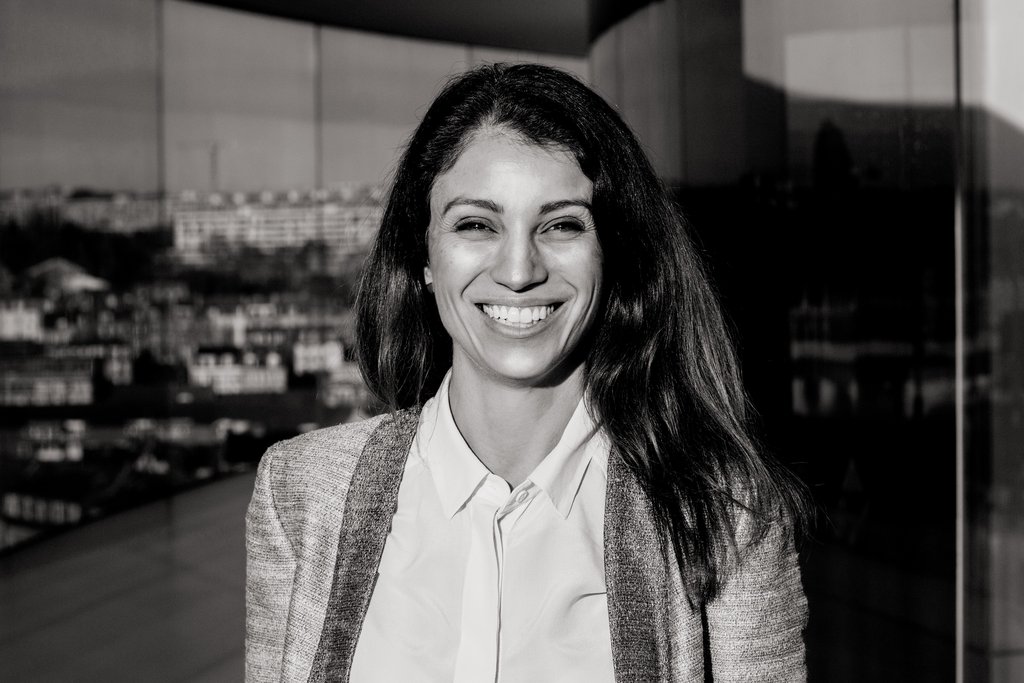A Nordic collective effort to combat misinformation
Funded by the European Commission, a new consortium of Nordic researchers and fact-checkers will aim to understand, monitor, and counter the spread of misinformation in and across the Nordics. The project, called NORDIS, is led by DATALAB at Aarhus University.

A Nordic region that is more resilient in the face of misinformation and digital information disorders.
That’s the aim for the newly established consortium NORDIS ('NORdic observatory for digital media and information DISorder'), consisting of researchers and fact-checkers from Denmark, Norway, Sweden, and Finland.
Led by DATALAB at Aarhus University, and funded by the European Commission over a period of two years, the consortium’s work will focus on understanding, monitoring, and countering the spread of misinformation in and across the Nordics.
"NORDIS aims to strengthen the national and regional infrastructure to tackle digital information disorder through a cross-country, cross-disciplinary, and cross-sectoral knowledge-based hub. By bringing partners from the four largest Nordic countries together, NORDIS will consolidate a strong research-based Nordic fact-checking network," says the center director at DATALAB and leader of NORDIS, professor Anja Bechmann.
A growing issue
According to the professor, NORDIS intends to realize its vision through a collaboration between researchers and fact-checkers, resulting in new data, insights, technological solutions, recommendations for journalistic practice, and tools educators can use to bolster media literacy among their students and in the general public.
Moreover, the consortium hopes to provide policy recommendations that can give legislators an improved foundation in their efforts to address the spread of misinformation. A growing issue that, according to Anja Bechmann, has reached unparalleled heights in the past few years.
"In digital spaces, and especially on social media, misinformation travels faster and further than ever before. This trend has intensified in the last couple of years, as social media are gaining traction in the world," says the professor.
"Facebook, for instance, has a high penetration rate in the Nordic countries," she adds.
Cooperation is key
Nonetheless, Anja Bechmann is confident that a hub like NORDIS will strengthen the ability of Nordic countries to resist the spread of misinformation.
"By strengthening the collaboration between different countries, NORDIS provides a strong basis that researchers and fact-checkers can rely on to tackle information disorders in an evidence-based way. We want to develop a joint method for registering fact-checking which will make collaboration between fact-checkers in the Nordic countries easier, as well as supplying researchers with the same data – making it easier to analyse Nordic data as a whole," the professor explains.
In addition, the consortium’s work would also benefit countries outside the Nordics, Anja Bechmann hopes.
"NORDIS will allow for academic cross-country analysis of mis- and disinformation, and its work in bolstering digital literacy in the Nordics has the potential to resonate at the international level due to the special status of the Nordic Welfare State and its associated ideals," she says.
NORDIS has a total of eight member organizations, representing academia and fact-checkers in the region:
Academic partners:
- Aarhus University (Denmark)
- University of Bergen (Norway)
- Uppsala University (Sweden)
- Helsinki University (Finland)
Fact-checkers:
- Faktisk.no (Norway)
- TjekDet (Denmark)
- Källkritikbyrån (Sweden)
- Faktabaari (Finland)
Contact
Anja Bechmann, professor
School of Communication and Culture
Media Studies
Aarhus University
E-mail: anjabechmann@cc.au.dk
Phone: +45 51 33 51 38
